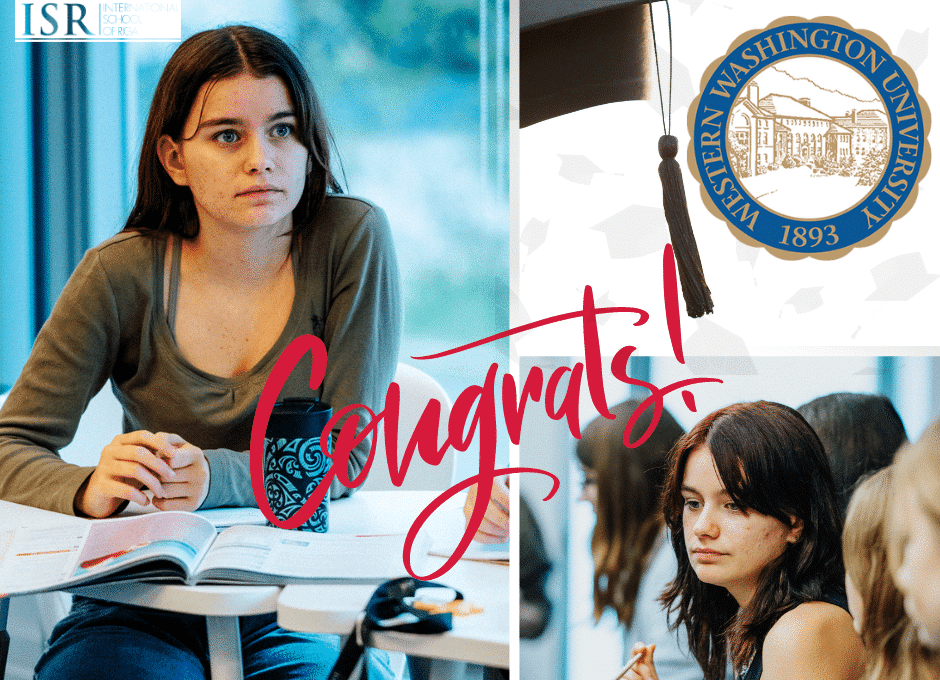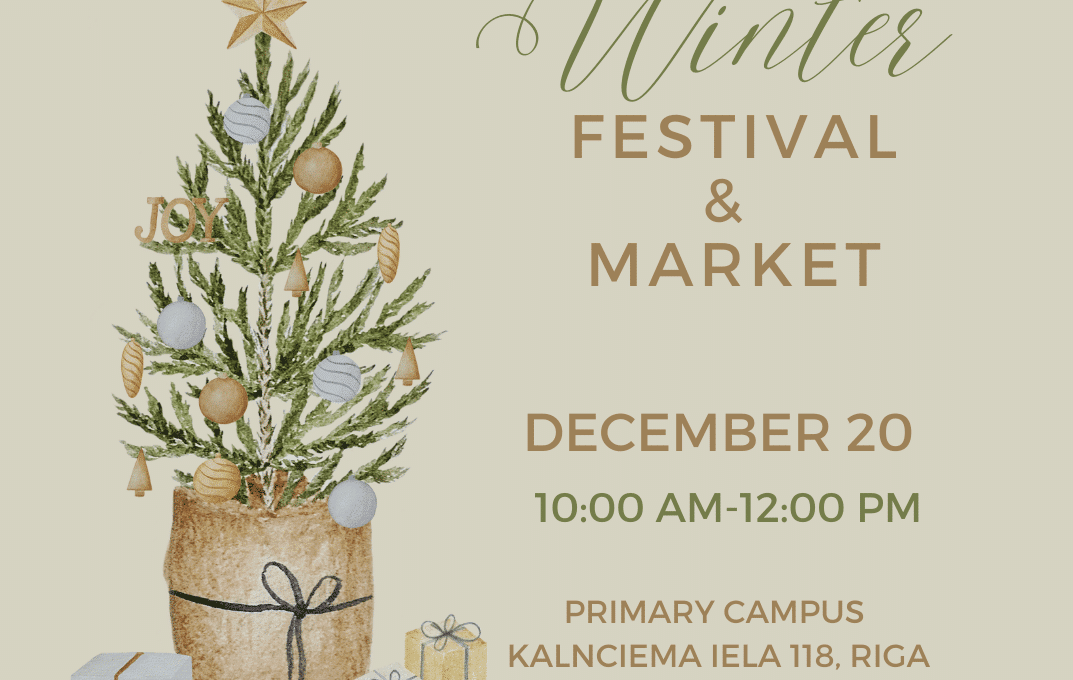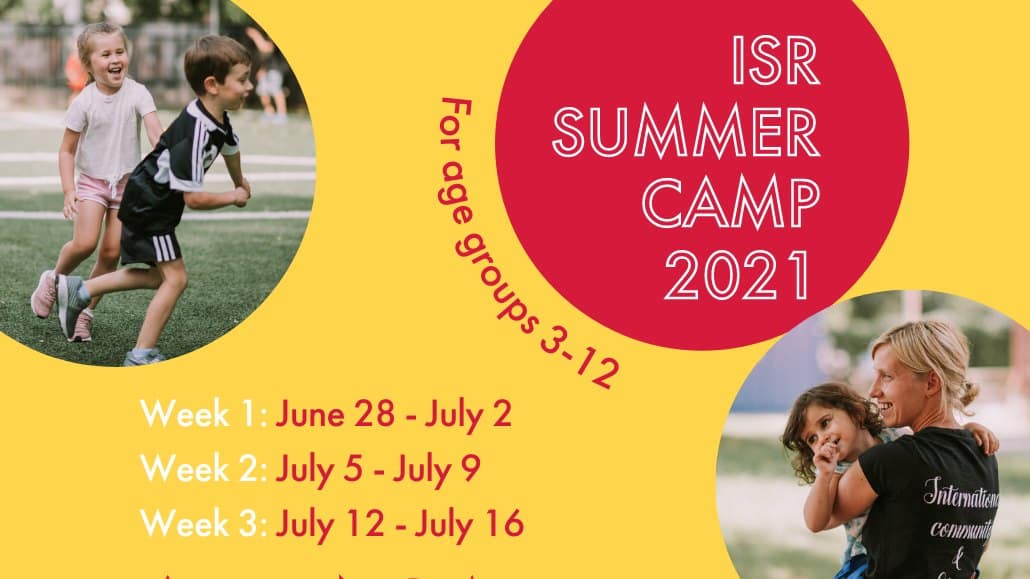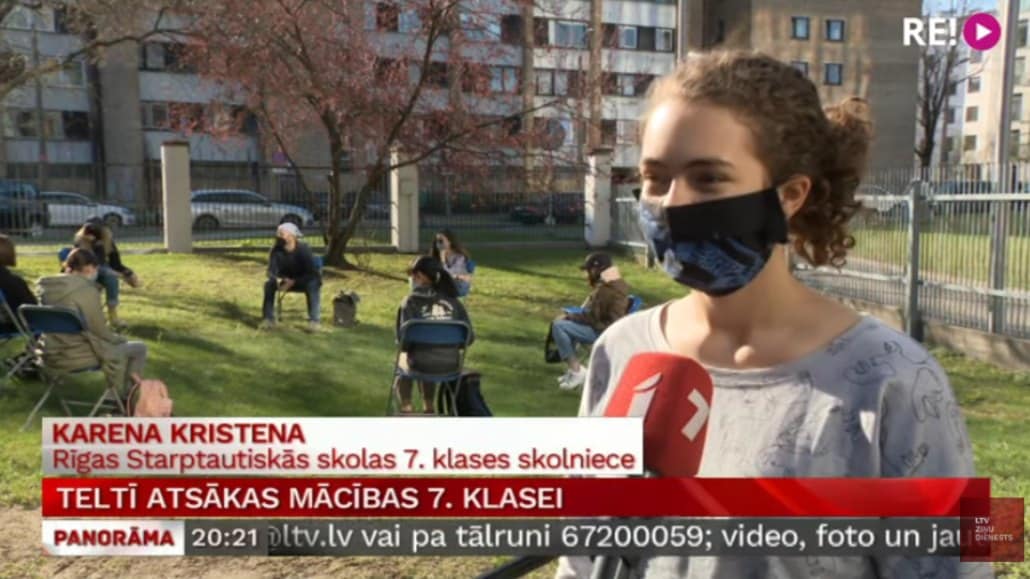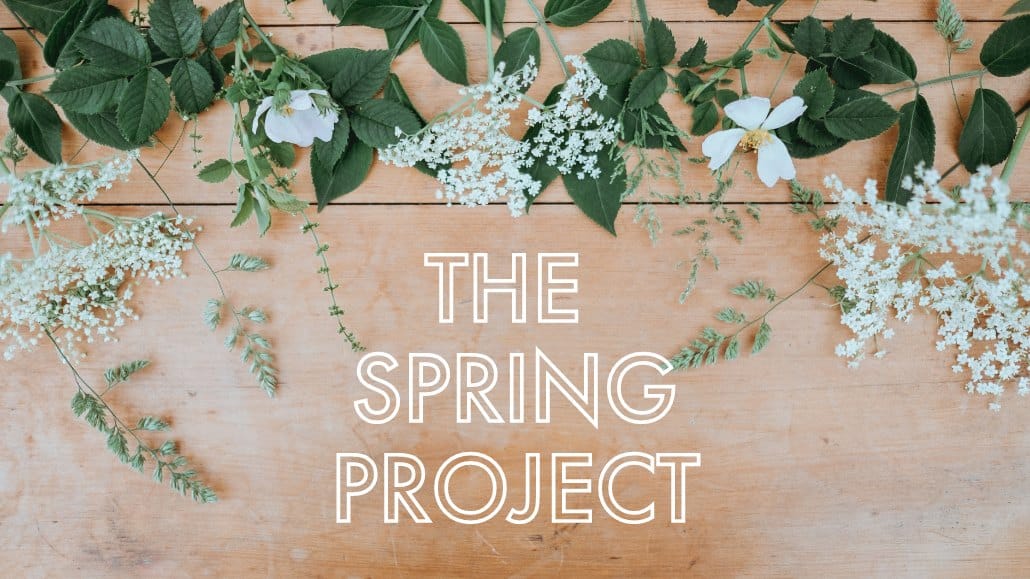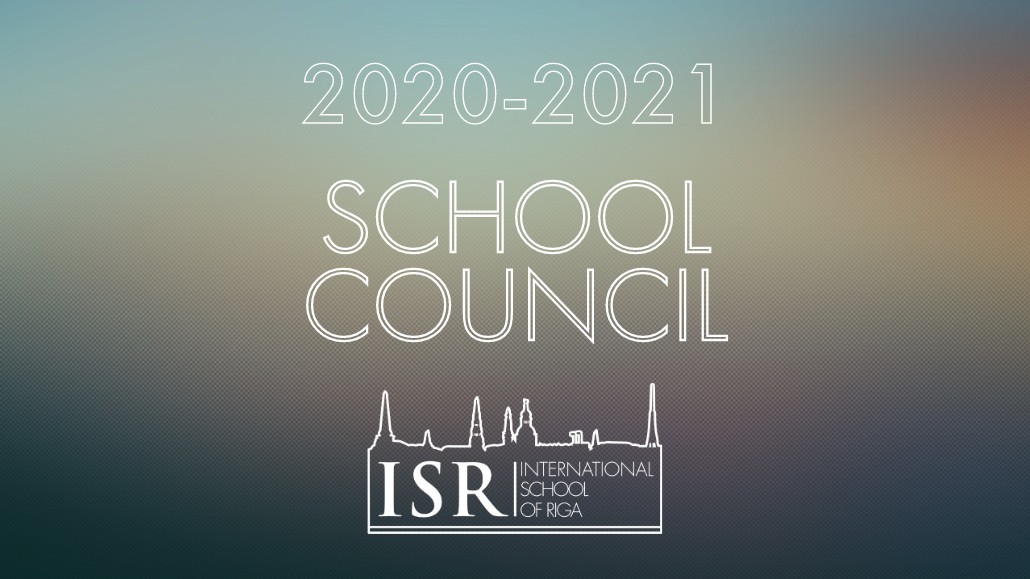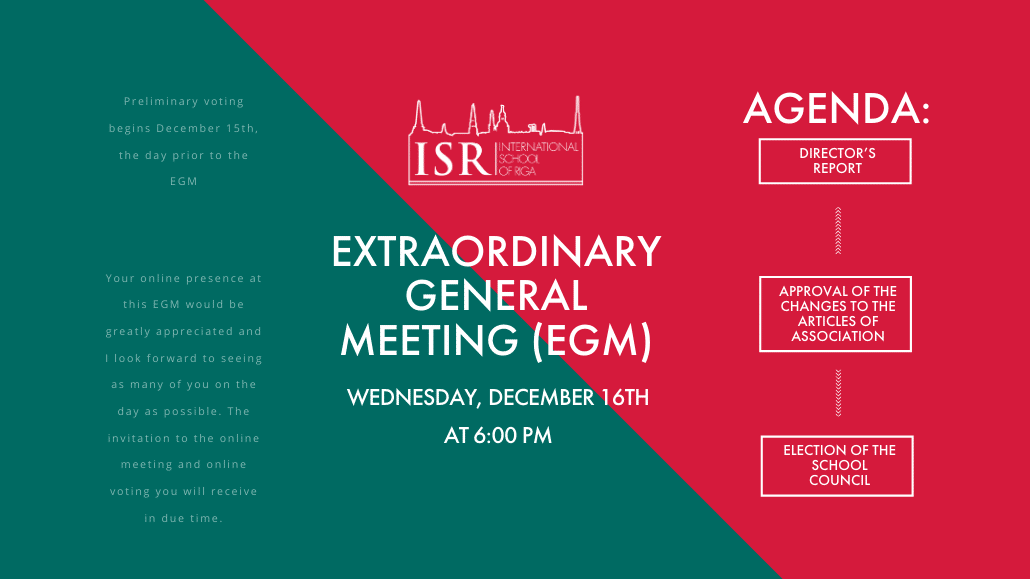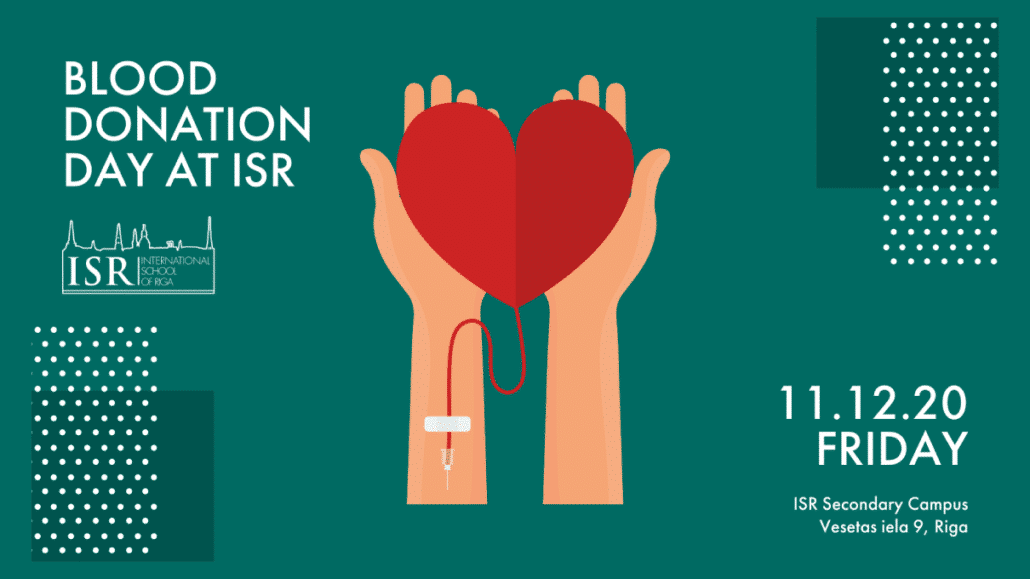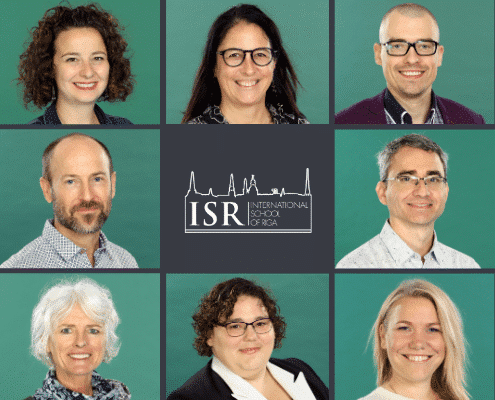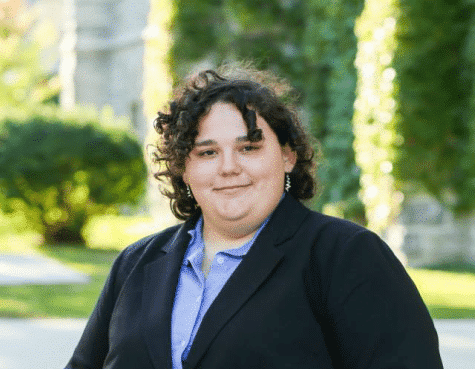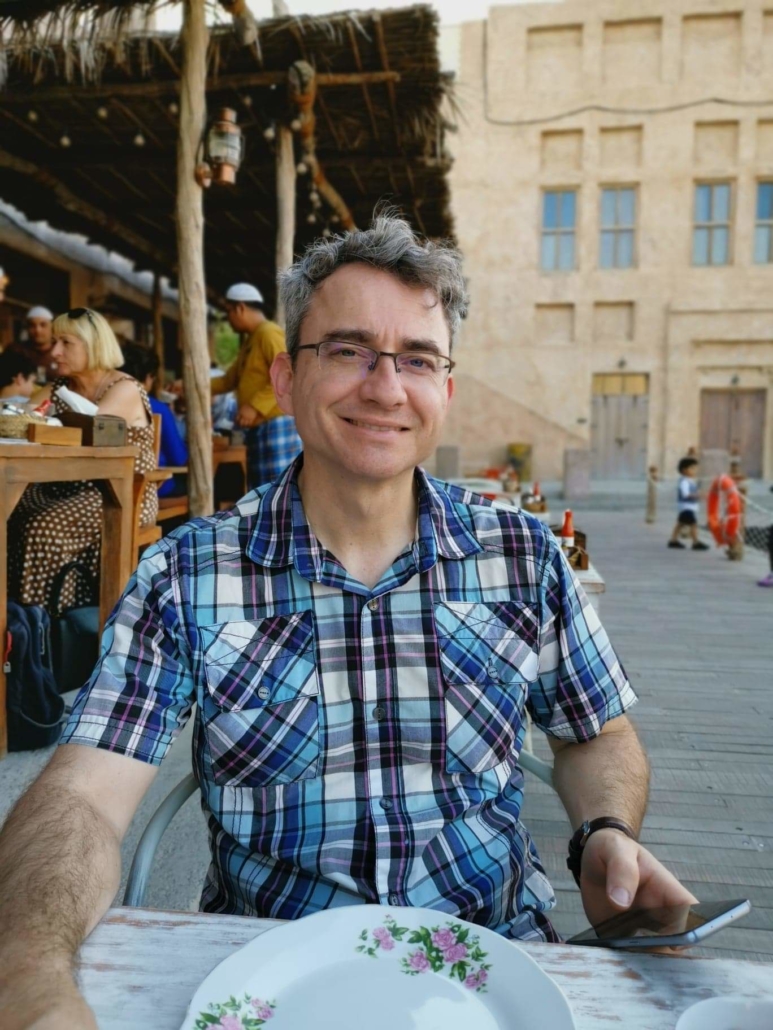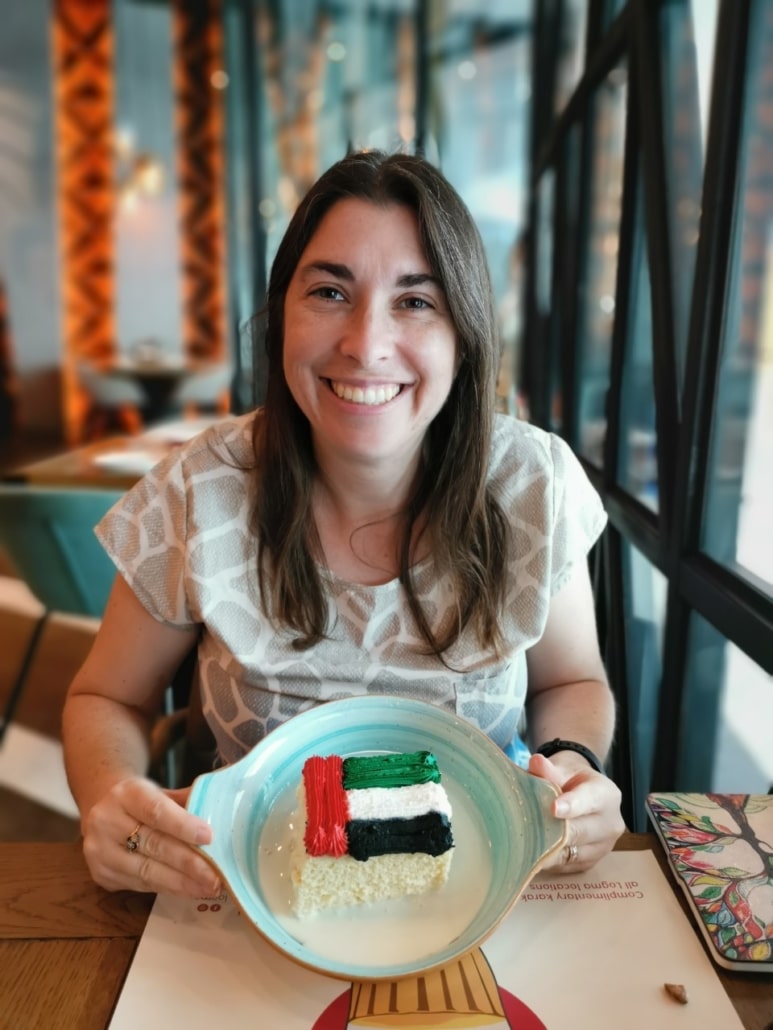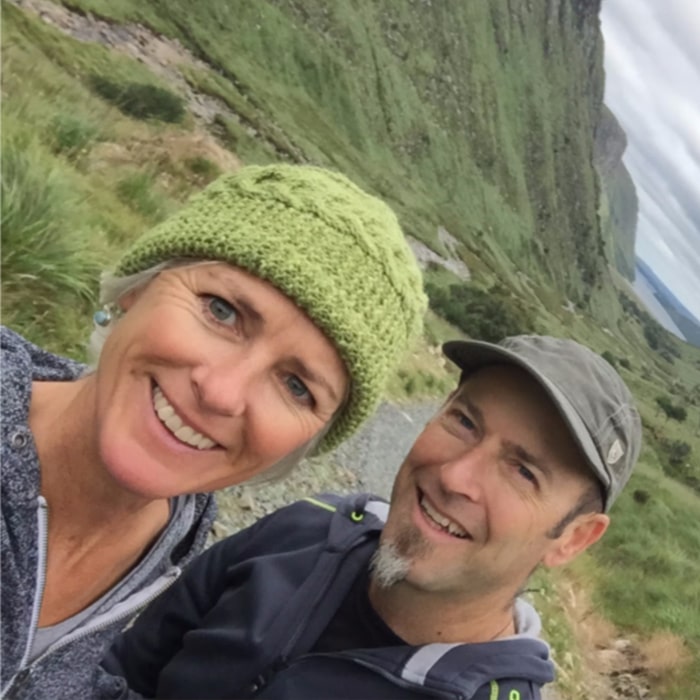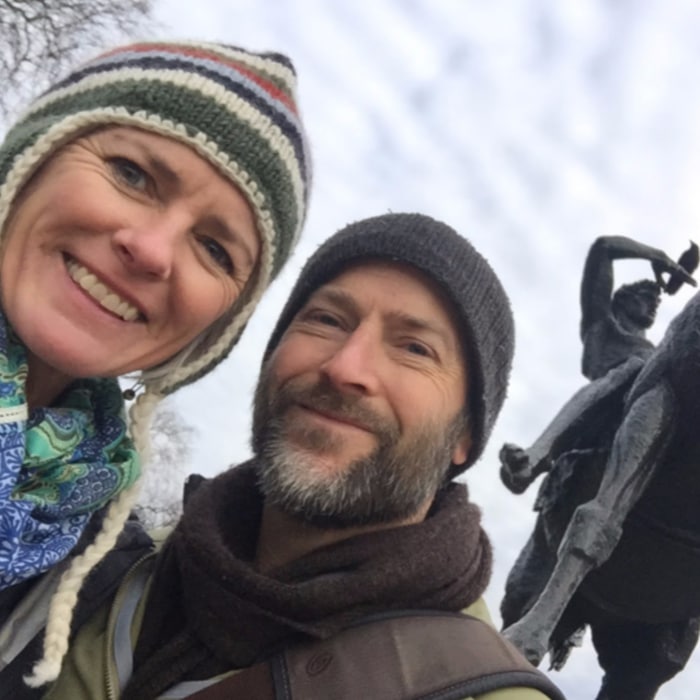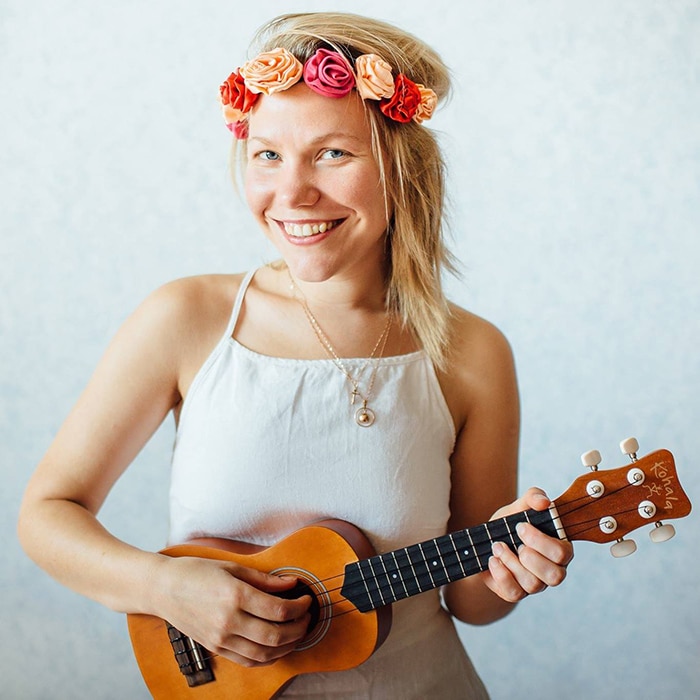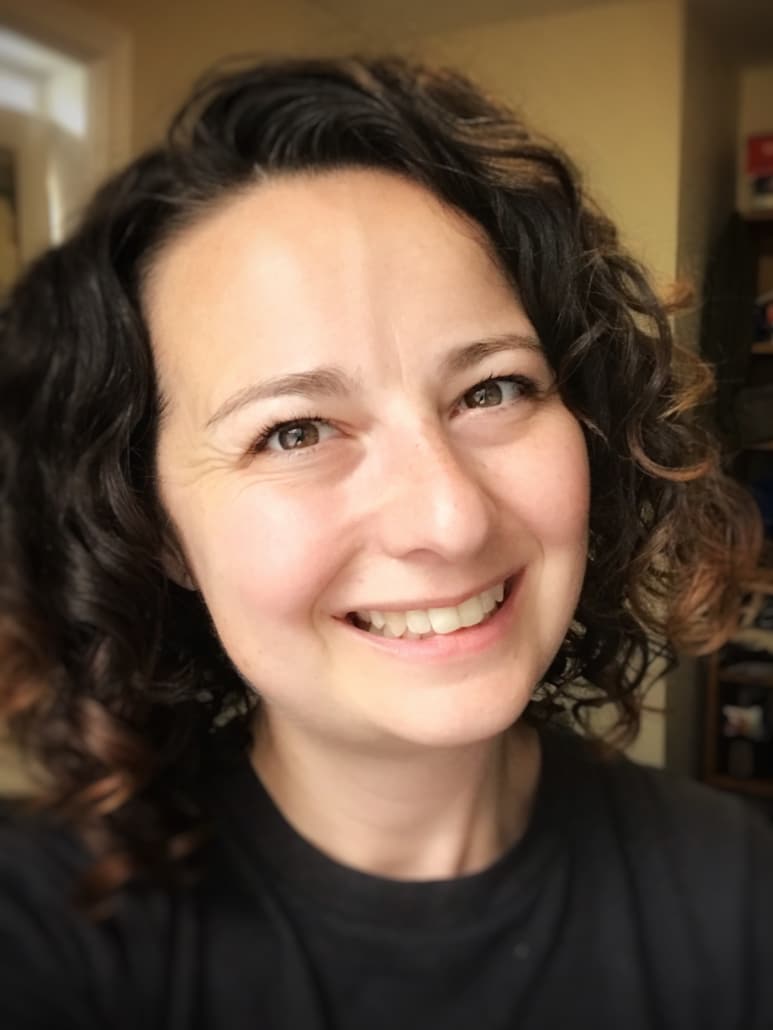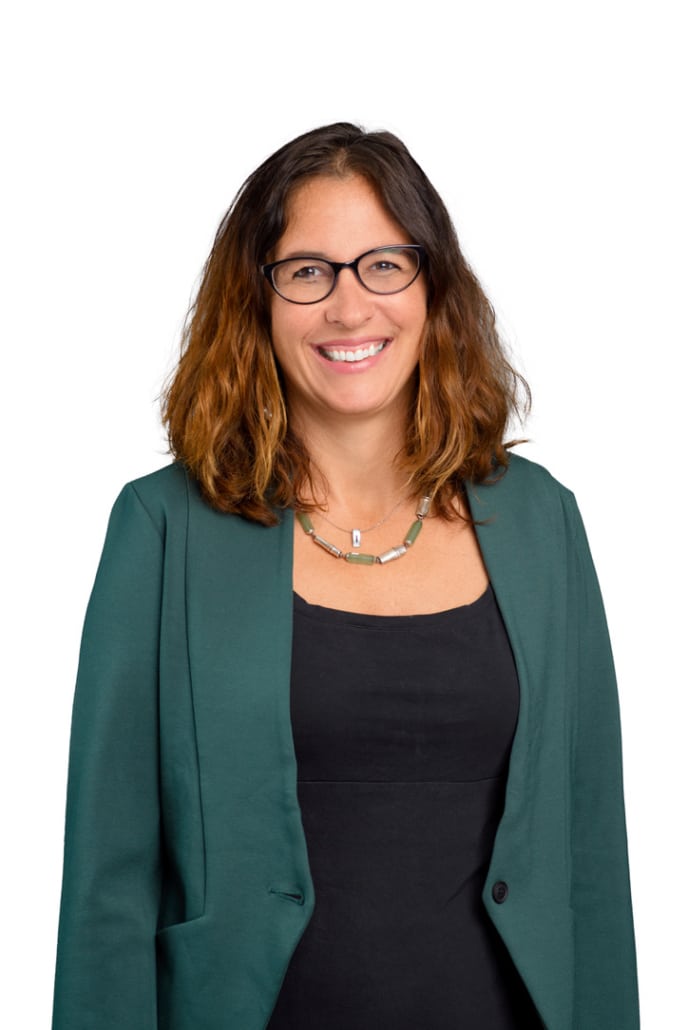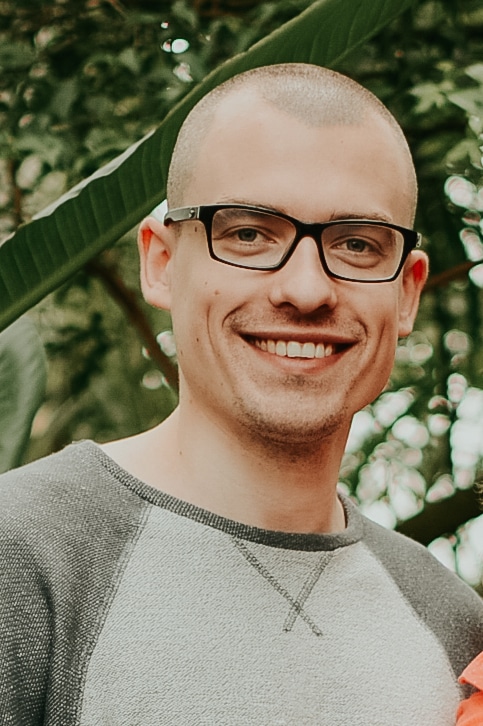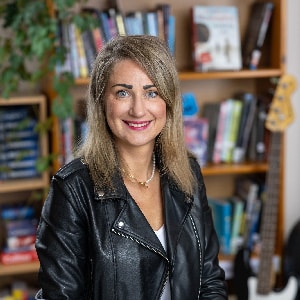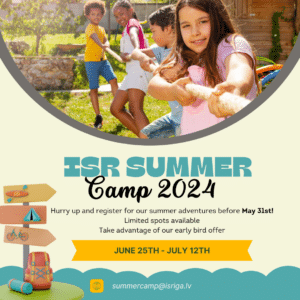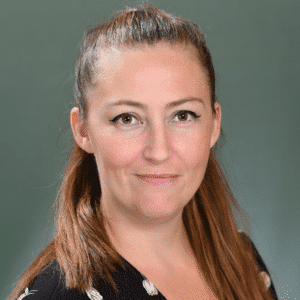We recently had the privilege of sitting down with Elenor, an exceptional student at ISR who has been accepted to study at Western Washington University. In this interview, Elenor shares thoughts about this exciting opportunity and reflects on the impactful role ISR played in shaping her academic and personal journey.
1. The Opportunity Ahead:
Elenor expresses her gratitude for the overwhelming support she received from ISR throughout the challenging university application process. From navigating essays to managing stress, the guidance of teachers and staff has been invaluable.
“I felt very supported throughout this process for a while. From the very start, my teachers and other staff were very supportive of how stressful it is to apply for university on top of all of our school work, especially IAs and the Extended Essay,” Elenar says.
2. Shaping the Educational Path:
Reflecting on her academic journey, Elenor credits ISR teachers for not only imparting academic knowledge but also for fostering a safe and supportive environment.
“I have always generally enjoyed school, and this is partly because of my teachers being amazing role models and their efforts to help me with my studies. They were also supportive regarding my mental health and were very understanding and patient which was very helpful.”
The relationships she built with teachers at ISR contributed significantly to her sense of security and belonging.
3. The Excitement of a New Country:
Moving to the United States holds a special place in Elenor’s heart, particularly the Pacific Northwest. She shares her enthusiasm for the social and physical environment of the campus, anticipating a seamless blend with the region she grew up in.
4. Contributions to a Diverse Community:
Having been in a diverse environment since early life, Elenor looks forward to integrating with the inclusive community at Western Washington University. She emphasizes the importance of valuing diversity, a principle deeply instilled in her upbringing.
5. Coping with Change:
Addressing the emotional aspect of leaving home for education, Elenor acknowledges the inevitability of homesickness. Drawing on past experiences, she shares her coping mechanisms, emphasizing the importance of communication, adaptability, and the ability to find home in different places.
6. ISR’s Unique Preparation:
Elenor attributes her readiness for university life to ISR’s unique experiences, such as World Scholars and Model United Nations. These experiences equipped her with debating skills, adaptability, and a global perspective—enhancing her academic, social, and life skills.
7. Personal and Professional Goals:
Elenor sets personal goals for her time at the university. These goals include focusing on experiencing the natural beauty of the region, building independence, and embracing new opportunities for personal growth and cultural enrichment.
8. Contributions to the Campus Community:
With a background rich in global experiences, Elenor believes her open-mindedness and eagerness to learn will contribute positively to the campus community. She looks forward to sharing her international perspective and learning from the diverse experiences of her peers.
9. Advice for Aspiring International Students:
Elenor advises prospective international students to consider not only academic aspects but also the location of their prospective university. She emphasizes the importance of finding motivation in the physical environment. As for pre-college experiences, she encourages living in the moment, trying new things, and not letting the anticipation of the future overshadow the present.
A final word from Elenar: “I have always enjoyed learning new things and now I get to somewhat dictate what I learn for years to come. I also enjoy that I could possibly get credits before I even go to the university due to IB and how the school works with the scores I get.”
As Elenor embarks on this exciting journey, her story serves as an inspiration for students aspiring to pursue higher education abroad. We wish her the very best in her endeavors at Western Washington University and we’re confident that her ISR education has prepared her well for the adventures that lie ahead of her.

